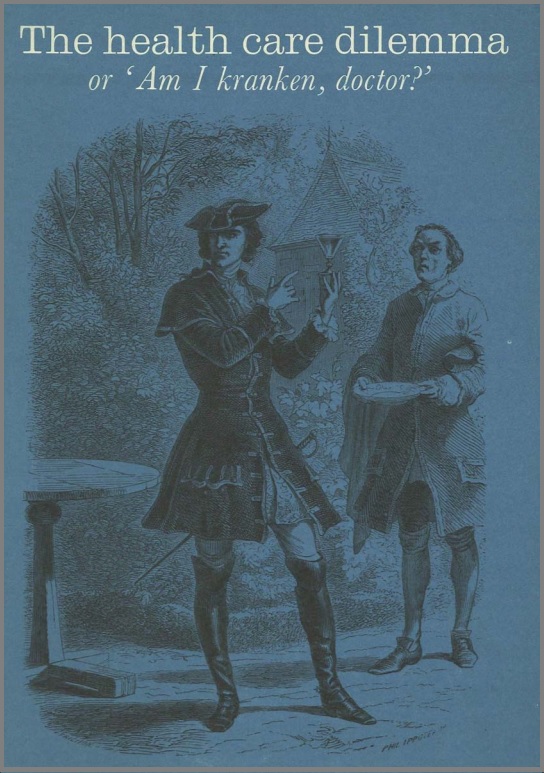Sign up to our newsletter Subscribe
Challenges and Solutions for Budget Impact Analysis of Gene Therapies

For the past 25 years the problems of the National Health Service in Britain have been considered primarily in terms of a shortage of resources. This emphasis has persisted in spite of National Health Service expenditure having doubled in real terms and in…
For the past 25 years the problems of the National Health Service in Britain have been considered primarily in terms of a shortage of resources. This emphasis has persisted in spite of National Health Service expenditure having doubled in real terms and in spite of huge increases in most grades of manpower. The number of doctors working in the hospitals, for example, has also doubled since 1948. Against this background, the point has been reached when it is necessary to consider whether there is not a more fundamental underlying cause for the apparently perpetual ‘shortage’ of medical care. This paper examines the basic concepts of health and ill-health from which the constantly increasing demands for medical care arise. It does so from a distinctive viewpoint which OHE recognises is not universally shared. This viewpoint is based on the belief that government funded medical care should be essentially rational. Hence OHE argues against the provision of very costly and sophisticated treatments which can be shown to be ineffective in scientific medical terms. It argues that, if such treatments could be avoided, the resources so released could be used instead to make up the obvious shortfall in fields such as the care of the elderly, the chronic sick and the mentally handicapped.
The other viewpoint, which OHE rejects, is that any expressed demand for medical care – however irrational – represents a valid need in social (if not medical) terms, which should properly be met by the National Health Service. This belief is sincerely held by many people, but the discussion in this paper attempts to describe why such a philosophy leads to a misallocation of health care resources. It suggests that the public, the professions and the policy makers need fundamentally to redefine their objectives.
To do this, they need to develop a different and (in the view of OHE) a more appropriate attitude towards ill-health than exists in society at present. First, however, it is necessary to look clear-sightedly at the nature and causes of ill-health as they manifest themselves at present.
Health Care Dilemma or ‘Am I kranken, doctor?’
